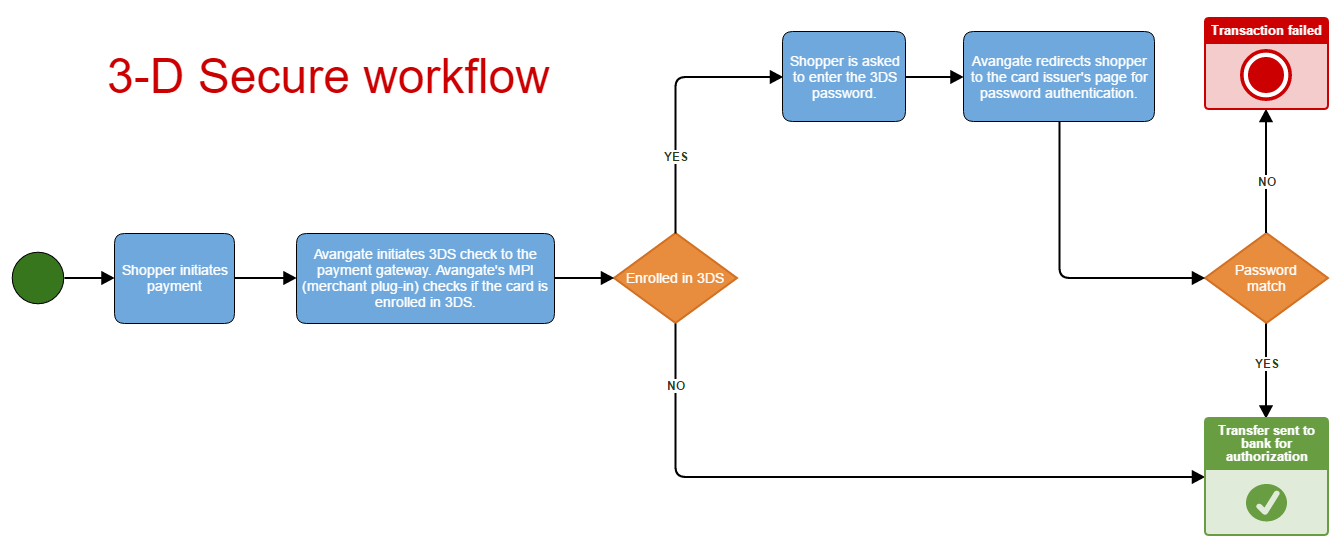Track sales with custom parameters
Overview
Define multiple URL parameters to track your sales through the 2Checkout system. The custom URL parameters can be used for tracking at both product and order level.
Availability
All 2Checkout accounts.
Create custom parameters
Follow the steps below to create custom parameters to add to products and buy links.
- Log into your 2Checkout Merchant Control Panel account.
- Go to Setup → Ordering options.
- Scroll down to Additional order fields and click on 'Click here to create and manage additional fields and collect extra information from shoppers at checkout or track orders'.
![]()
4. Use the Add new field section to define each new field.
- Enter the Field identifier. This reference is used to create the URL parameter that you can use in buy links. Use unique identifiers for all your fields. Note: This field accepts only alpha-numeric characters. If you leave this field empty, 2Checkout generates a random value as an identifier.
- Enter the Field text (the name of the field).
- Set the Field type to Hidden. Otherwise, otherwise the field will be a Textbox, Checkbox, or Listbox, all of which are visible in the shopping cart. Hidden fields help you create custom URL tracking parameters and they are invisible to shoppers.
- Use the Apply to drop-down to choose whether the field should apply at the product or order level.
- Use the Validation rule field to specify the regular expression to validate the field values.
- Click Create field to save the new field.
![]()
Assign custom parameters to products
Follow the steps in the Create custom parameters section to create a new Hidden parameter and apply it at the Product level.
Next, follow the steps below to assign the parameter to a product.
- Once logged in to your Merchant Control Panel, go to Setup and click on Products.
- Click Edit on the product you want to assign the parameter to.
![]()
3. Go to the Information tab and scroll to the bottom of the screen. You'll find the previously defined parameter in the Order additional fields section. All new parameters are disabled by default.
4. Check the Enabled option on the Order page column corresponding to the parameter you want to use.
![]()
5. Click Save.
Assign custom parameters to orders
Follow the steps in the Create custom parameters section to create a new Hidden parameter and apply it at the Order level.
Next, follow the steps below to assign the parameter to an order.
- Log into your 2Checkout Merchant Control Panel account.
- Go to Setup → Ordering options.
- Scroll down to Additional order fields.
- Check the checkbox next to the parameter you want to use.
![]()
5. Click Save settings at the bottom of the page.
Build buy-links using custom parameters
Build buy-links with per-product parameters
Let's assume you created customparameter for Product A with the ID 1234567, and the 2Checkout system created the ADDITIONAL_customparameter[1234567] URL parameter.
To track sales of this product using customparameter, add ADDITIONAL_customparameter[1234567] to the buy link as such:
https://secure.2checkout.com/order/checkout.php?PRODS=1234567&ADDITIONAL_customparameter[1234567]=CustomTrackingSource1
You can assign the desired values to custom URL parameters to best serve you in the sales tracking process.
Build buy-links with per-order parameters
Let's assume you created customparameter for orders, and the 2Checkout system created the ADDITIONAL_customparameter URL parameter.
To track orders using customparameter, add ADDITIONAL_customparameter to the buy link as such:
https://secure.2checkout.com/order/checkout.php?PRODS=1234567&ADDITIONAL_customparameter=CustomTrackingSourceForOrders
You can assign the desired values to custom URL parameters to best serve you in the sales tracking process.

